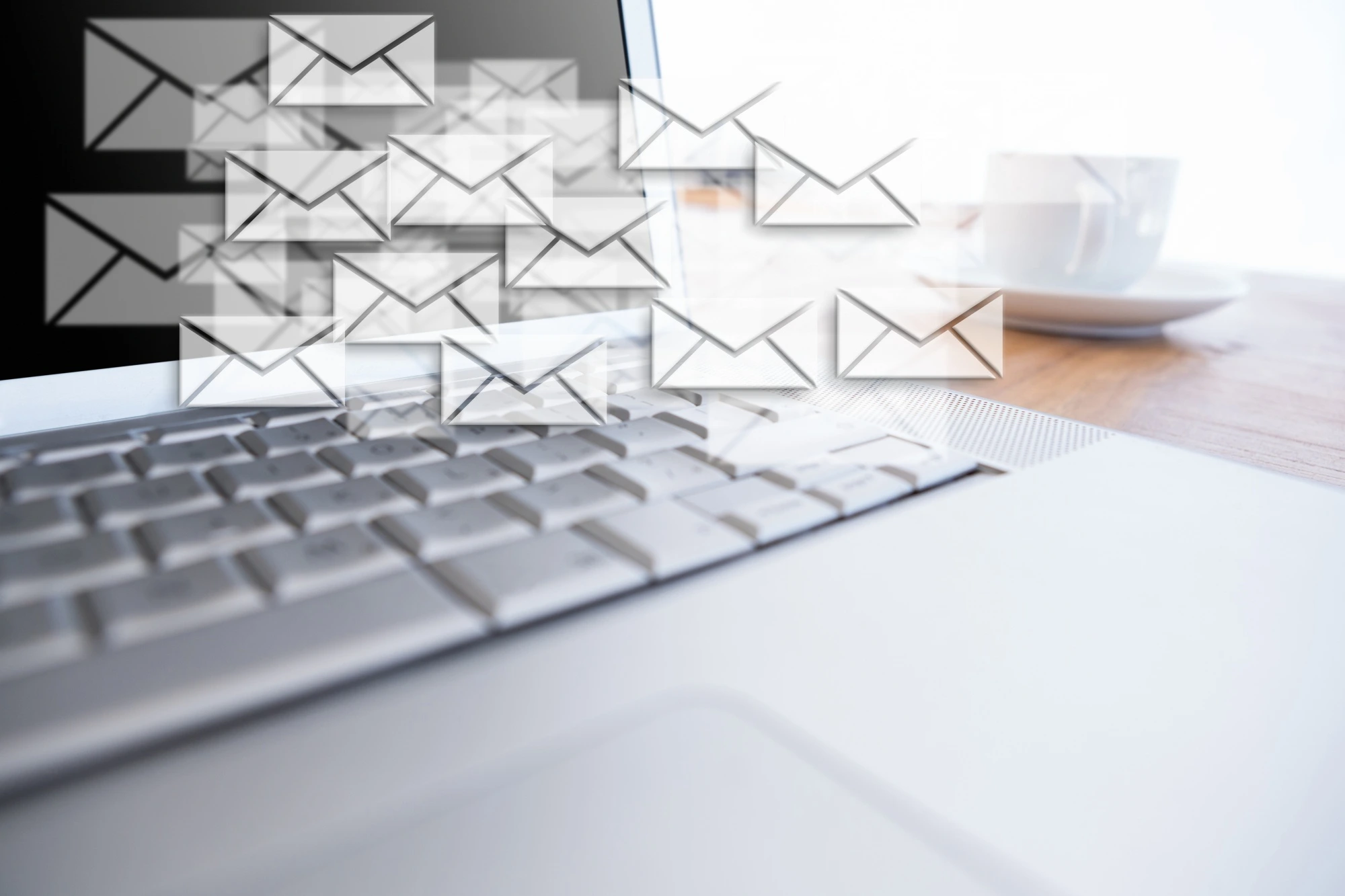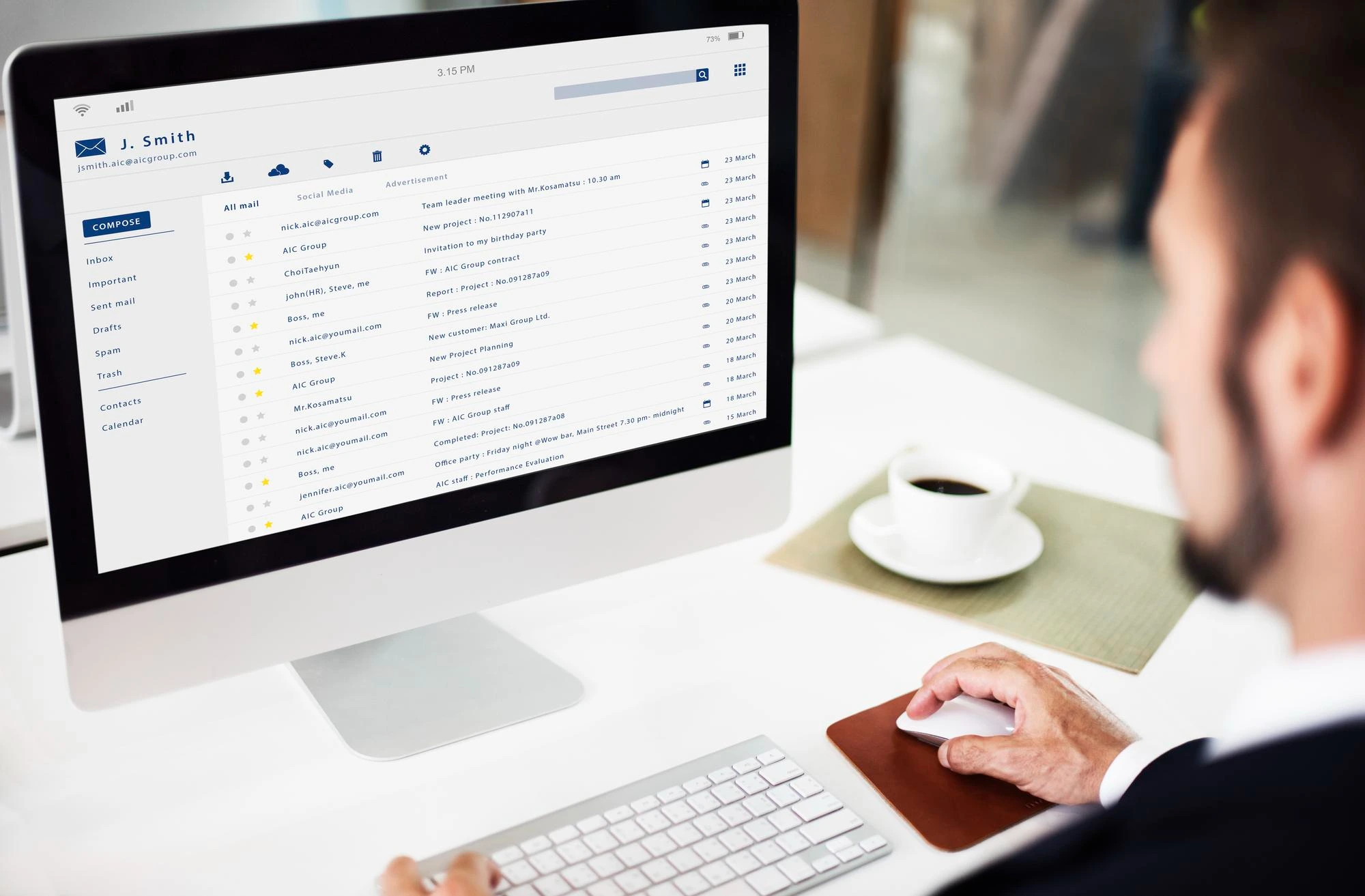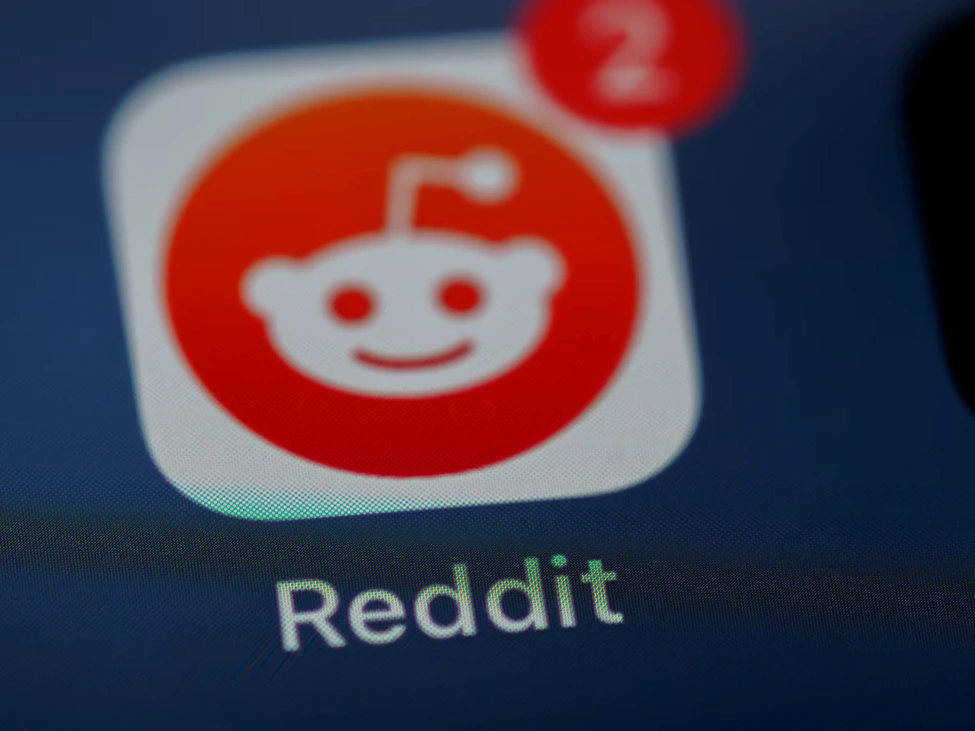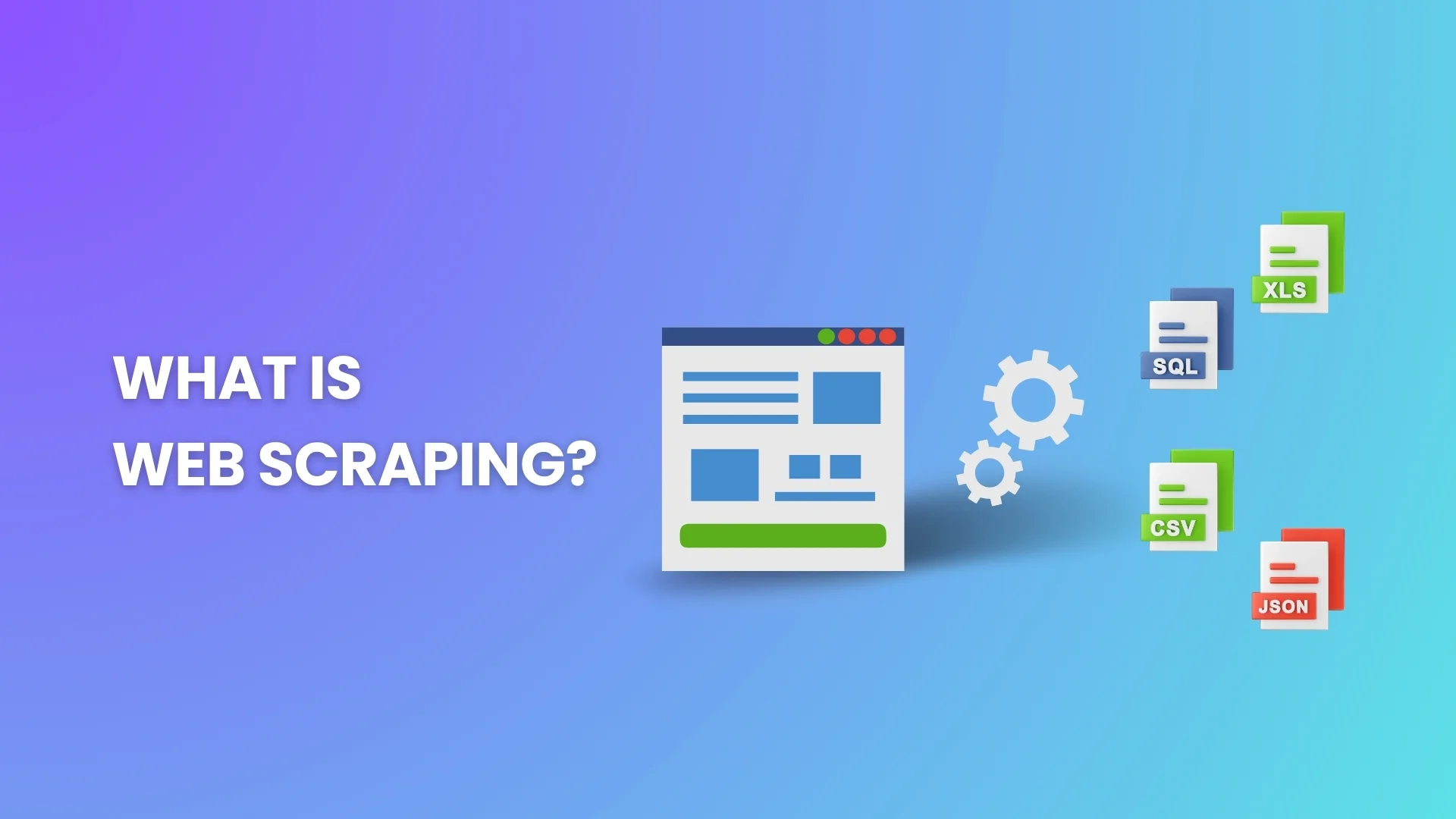Email marketing remains one of the most popular ways of communicating with leads. Over 80% of companies and experts use this channel as a part of their marketing strategy. In 2023, email marketing revenue reached $10 billion. Also, marketers have reported a two times improvement rate in email ROI metrics — companies make on average $36 for every $1 spent. What it means is that email has strengthened its position as an effective tool for supporting marketing efforts.
But no successful email marketing campaign is possible without a high-quality email list. While there are many ways for you to collect a database of leads, email scraping remains the most effective and fastest one so far.
In this article, you’ll learn what email scraping is and how it can become a game-changer for your business operations.
What is email scraping?
If you’ve ever collected email data manually, you know that it’s far from being a fast and simple process. With all the copy-pasting information stored in different formats and collected from various sources, building an email list may take longer than you expected.
As we already said, scraping is a go-to solution for many businesses striving to assemble a quality lead database quickly. So, if you are wondering, can data scraping be applied to email, the answer is YES. With the right tools and techniques, you can scrape email data efficiently, accurately, and responsibly. Email scraping tools are designed to navigate the web, recognize and capture email addresses, even from the most unlikely of places, and organize them into a usable format. For example, if you want to collect emails from marketplaces, you may need to resort to Amazon web scraping to fetch the desired data.
The great thing about using this technique for collecting email information is flexibility. Do you want to gather emails from a single webpage? Or are you in need of a more complex operation involving thousands of sites and millions of email addresses? Data scraping will cover these and other needs.
Why do you need an email data scraper?
Nearly 19.8% of business time per week (which is equal to one working day) is wasted as employees search for information. While this is a general statistic, it’s still true that marketers spend a great deal of that time on assembling the email outreach list. An email web scraper will make a difference. With this tool in place, you will automatically collect an extensive database of email addresses — from as many sources as you want, and get them delivered in the desired format. This will not only help you cut the time spent finding new clients but will also enable you to automate the lead acquisition process.
Once you build a rich, targeted database of prospects, you can tailor your messages and offers to the right audience. But that’s not all. Here are more cases of how you can use email scraping:
- Sales. With an email data scraper, you get a constant flow of fresh leads. This way, your sales team can reach more potential customers and close deals faster.
- Competitor analysis. Want to understand your competition better? Fetch emails related to your competitors from various online sources to grasp their customer base, partnerships, and other key aspects of their business.
- Recruitment. Gather emails from professional networking sites, forums, and job posting sites to find the right candidates with desired skills easier.
- Networking. Whether you’re looking to collaborate, seek advice, or simply connect with like-minded professionals in your field, an email scraping tool will help you find the right contacts.
- Academic research. If you’re a researcher looking to conduct surveys or studies, you’ll gather email addresses from relevant sources to reach out to participants. You may also benefit from document scraping to speed up data collection.

Is email scraping legal?
If you are concerned about the legal side of using gathered emails from data scraping, let us break down this for you.
Generally speaking, there are no laws, at least in the USA, that ban web scraping. Collecting email information is legal as long as you:
✅ Fetch publicly available data from open sources ✅ Do not use the information for any harmful purposes
Though, there are some considerations you should make before you scrape website for email addresses. The legality of email scraping depends on the jurisdiction and the specific circumstances under which it’s being carried out.
Consent and privacy laws. Privacy laws such as the General Data Protection Regulation (GDPR) in the European Union and the California Consumer Privacy Act (CCPA) in the United States require businesses to obtain explicit consent from individuals before collecting and using their personal data. In these cases, if you scrape email addresses without permission, this can be a legal issue.
Terms of Service. Go to the website’s Terms of Service page and check whether you can scrape email data there. If the website specifies that using email scraping software is prohibited, ignoring these terms could potentially lead to legal consequences.
Commercial use. In case you are going to use collected email data for commercial purposes without permission, this is generally regarded as a violation of privacy and is likely to be illegal in many jurisdictions.
Anti-spam laws. Many countries, including the United States (CAN-SPAM Act) and Canada (CASL), have strict anti-spam laws. These laws require businesses to have explicit permission from recipients before sending them marketing emails.
Given these complexities, you may want to consult with a legal expert on how to extract emails from a website database. Better yet, working with a Nannostomus reputable data scraping company. We strictly adhere to legal and ethical scraping guidelines, so ensure you’re collecting and using email data in a compliant manner.

How to scrape emails from websites legally and ethically?
As you decide to extract email data from websites, you should first define what business goals the collected information will meet. This will help you identify what data type to collect and avoid intense scraping activity, which may harm the website. But that’s not all. Below, we’ve collected the dos and don’ts of email scraping. These hints will help you get the desired data without breaking the law.
| Dos | Don'ts |
|---|---|
| Do scrape only the data that you need to meet your specific business objectives. | Don't overload the target website with continuous and extensive data extraction, which can disrupt the site's operations and potentially lead to your scraping tool being blocked. |
| Do read the Terms of Service before you use a data scraper name email and check robot.txt file for the information you are permitted to scrape. | Don't fetch information stored in confidential documents. |
| Do secure the collected data to prevent any misuse in case of a data breach. | Don't expose the collected data to the public or store it in insecure locations, as this could lead to misuse if a data breach occurs. |
| Do ensure that the use of scraped email data complies with relevant anti-spam laws and privacy regulations. | Don't use the scraped email data for commercial purposes without the explicit consent of the individuals concerned. |
| Do anonymize any personally identifiable information collected during the scraping process to mitigate potential risks. | Don't collect personally identifiable information without explicit permission as per the website's robots.txt file. |
Conclusion
Email data scraping is your shortcut to an efficient way of gathering valuable email data. With the accurate information at hand, you’ll boost sales, drive your marketing efforts, enhance competition analysis, streamline recruitment, run deep research, and more.
But along with all the merits email scraping brings, there is also a responsibility to adhere to privacy laws and ethical guidelines. The legal landscape surrounding email scraping is complex — it varies from one jurisdiction to another and is often tied to the specifics of how the data is being used.
That is why the best way of email scraping is to leave it to the professionals. At Nannostomus, we are committed to providing you with quality, accurate, and legal email data scraping services. With a deep understanding of the technical and legal aspects of email data scraping, we ensure that our services are not just effective but also fully compliant with all relevant laws and regulations. Let us show you how email data scraping, done right, can open up a world of opportunities for your business — contact us today.




